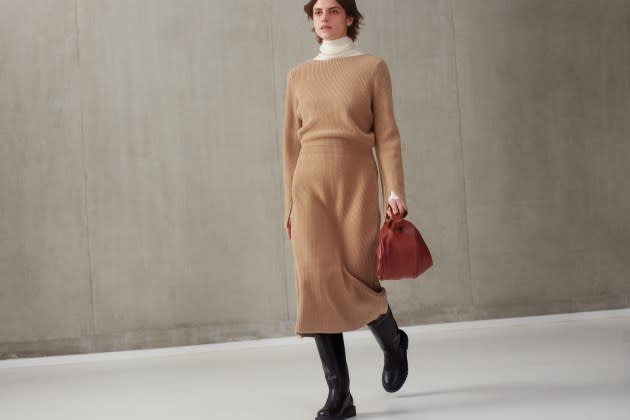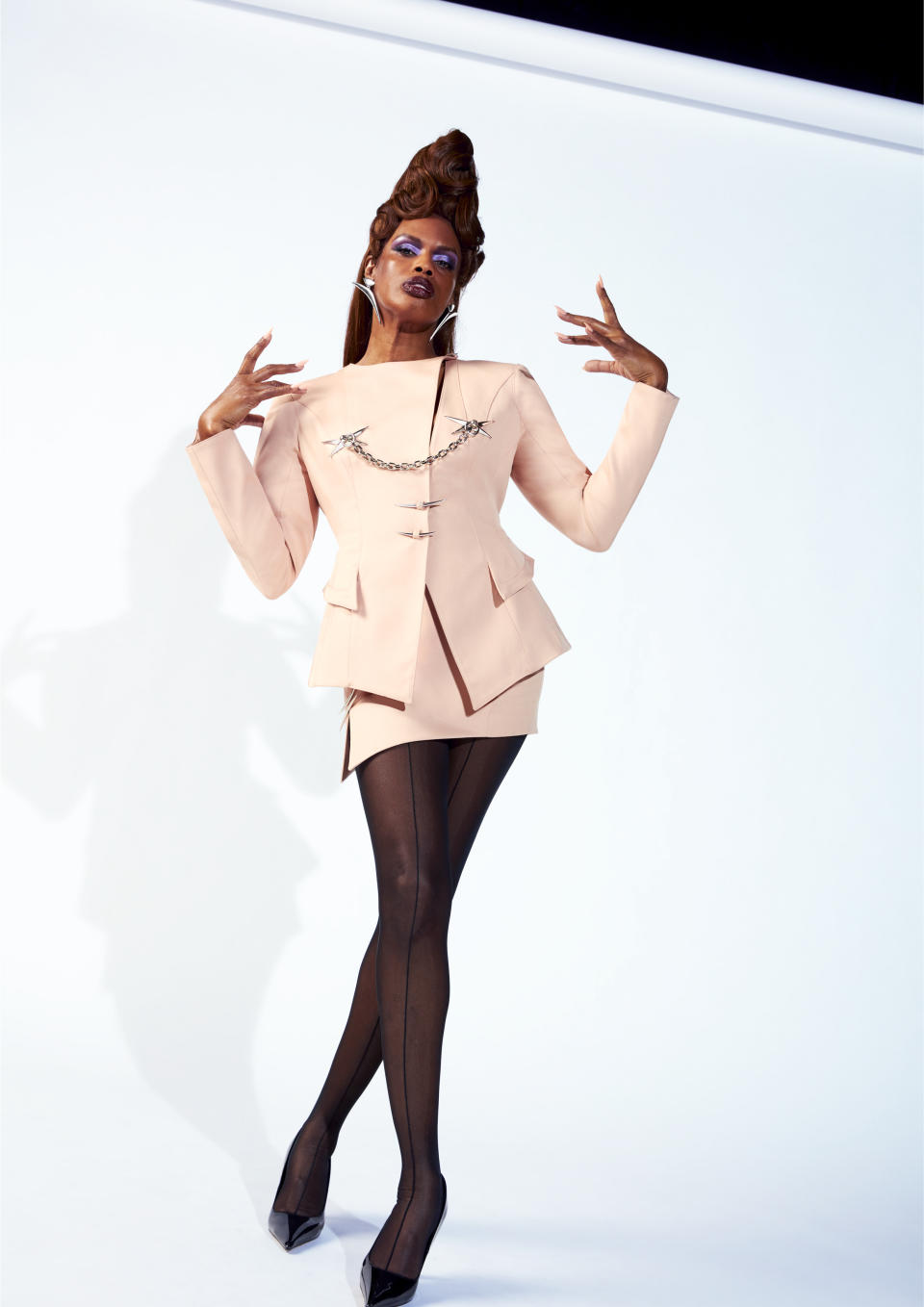What to Watch: As Aspirational Spending Cools, Designer Collabs Will Heat Up

Clare Waight Keller and Uniqlo. Peter Do and Banana Republic.
The news of new collaborations keeps coming fast and furious.
More from WWD
EXCLUSIVE: Mugler Says 'See You Later' to See Now, Buy Now Model
Eva Chen Launches Sustainable Kids' Clothing Line With H&M Just in Time for Back-to-school Season
Zara, Fossil, Superga Saw a Barbie Merchandise and Influencer Bonanza
“These high-low collaborations are going to be really important, especially in the U.S., as we see the luxury slowdown,” predicted Kayla Marci, market analyst for retail intelligence firm Edited.
When LVMH Moët Hennessy Louis Vuitton in July reported a slowdown in U.S. sales, chief financial officer Jean-Jacques Guiony noted that “aspirational customers are not shopping as much as they used to.”
As the high end slows, the high street stands to benefit.
“These collaborations are a way to maintain relationships with the younger, more aspirational customers who are no longer courting high end brands,” Marci said.
The news that Waight Keller, former designer of LVMH-owned Givenchy, is partnering with Uniqlo reinvigorated the buzz around collaborations, long a strategy for fast-fashion and contemporary brands. Uniqlo has partnered with big name designers before — including Jil Sander, Marni and JW Anderson — but the long-term and high stakes partnership with Waight Keller breaks new ground for the high street brand.
The Uniqlo partnership came just after the news that Helmut Lang creative director Peter Do is collaborating with Banana Republic. Lacoste’s partnership with celebrity favorite Sporty and Rich was revealed earlier this summer, with Lacoste and luxury athleisure brand Bandier’s collaboration just last week. That news came alongside the collaboration between The North Face and CDG Comme des Garçons.
The latest tieups are leveraging the longstanding strategy to generate buzz, and be savvy about bringing on the right names to connect with consumers.

H&M, which pioneered the collaboration strategy with Karl Lagerfeld in 2004, has seen renewed success with the strategy through its Mugler collaboration, which dropped in May. The buzz around the capsule from Mugler’s creative director Casey Cadwallader was so intense H&M put in place purchase limitations of one piece per style per person, which helped maintain the air of exclusivity even at the mass market level. The collection sold out within a day, according to Edited’s data.
H&M is following up the Mugler collaboration with a tieup with another famed French house, Paco Rabanne, with a collection for holiday.
Following the arrival of Marta Ortega as the non-executive chair of Zara parent company Inditex last year, the retailer has looked to up its fashion quotient through a partner strategy of high-end alliances.
Ortega brought on ’90s fashion star Narciso Rodriguez to reimagine some of his greatest hits. The Spanish fast-fashion retailer also brought in Kaia Gerber, who raided mother Cindy Crawford’s closet for inspiration from that decade. All that nostalgia primed it perfectly for Gen Z.
Zara’s Rodriguez collection sold out in a little over a week, and Gerber’s slipdresses and blazers sold out in under three days.
The high-end collaborations — and the names behind them — also tap into the quiet luxury trend, Marci noted.
“People are looking for items that are quality, and that can be worn over a long period of time and don’t date. That ties in with inflation, recession and the rising costs of living everywhere,” she said.
Edited’s data shows that luxury brands have on average increased their prices 20 to 29 percent over 2019. While that strategy worked in the post-pandemic spending frenzy of pent-up demand, as real incomes fall those aspirational customers are likely to gravitate toward high street incarnations of quality brands.
While brands may be more cautious to pair up with celebrities following Adidas’ crisis with Kanye West’s Yeezy, luxury brand names remain a safer bet — for now.
“It’s a continuously winning strategy, though I think retailers definitely need to be mindful with collaborations as they’re becoming just so ingrained within the business models,” Marci added. “Too much saturation of anything can put consumers off and starts to take away from the special element of it.”
Best of WWD

